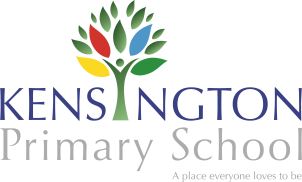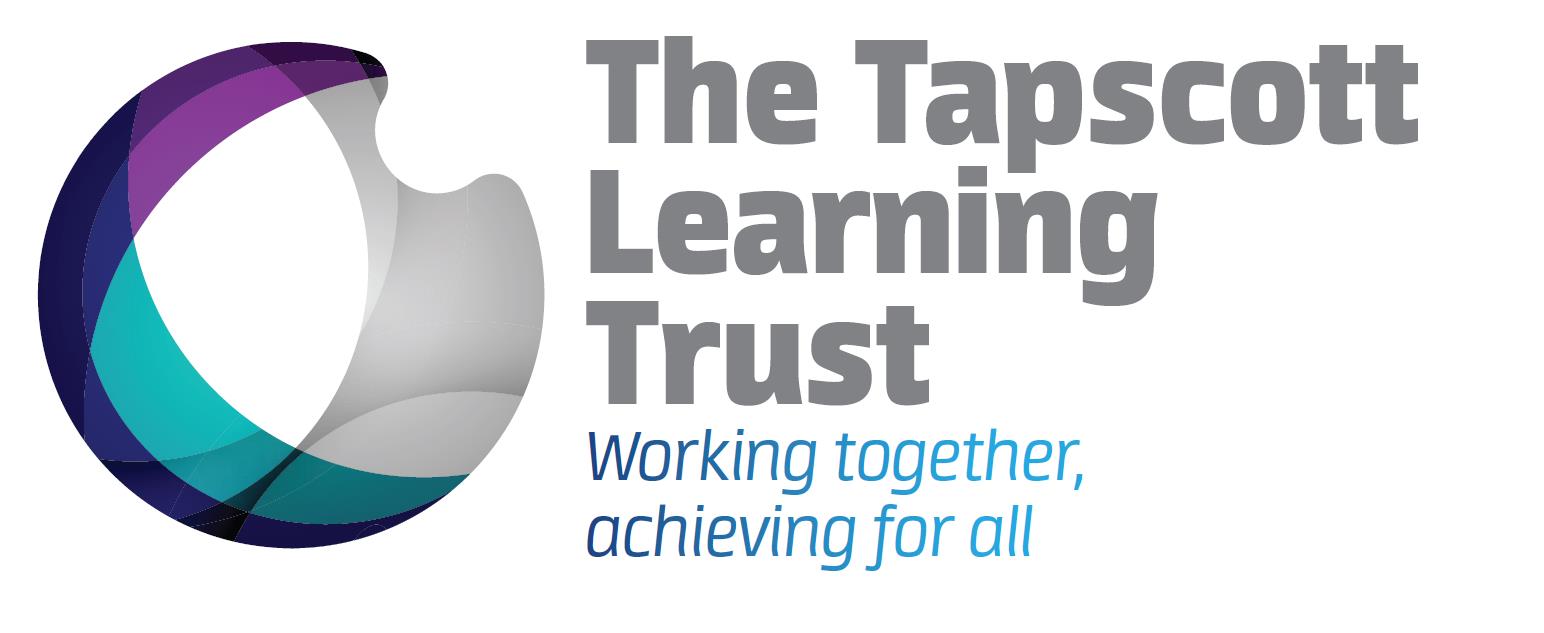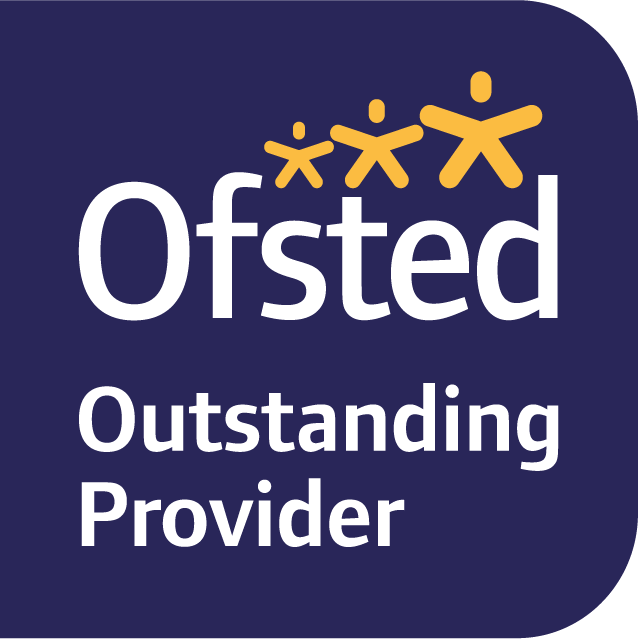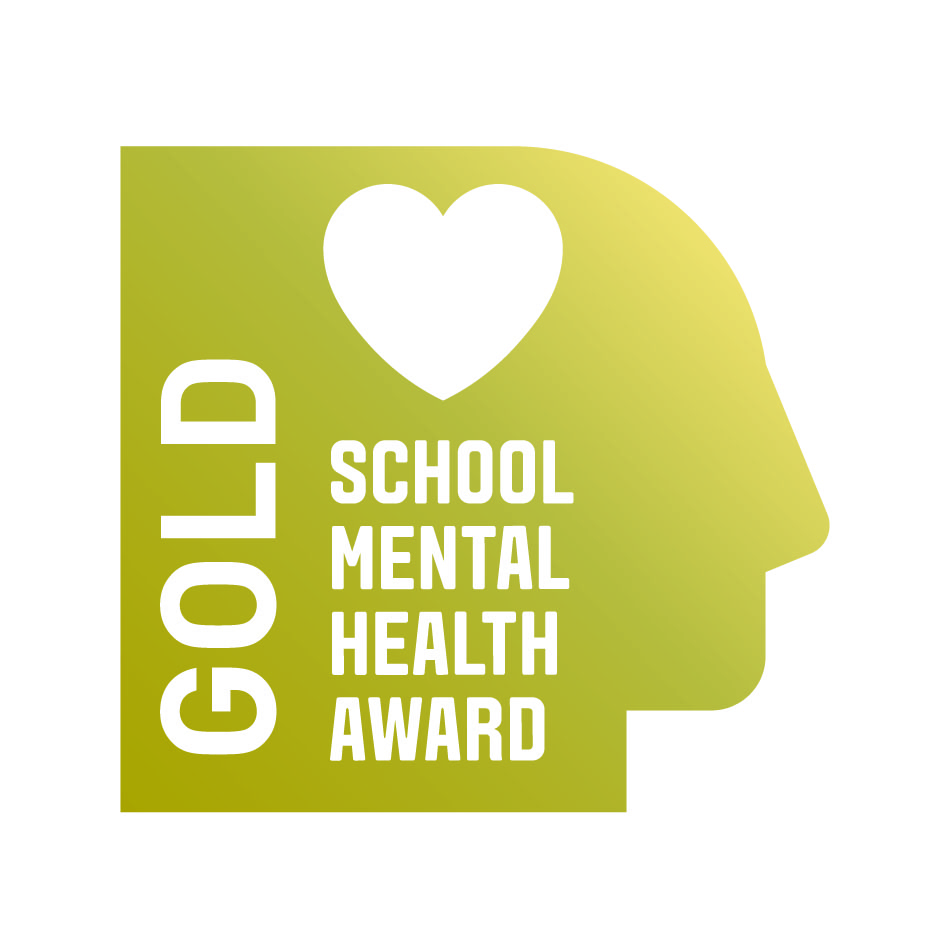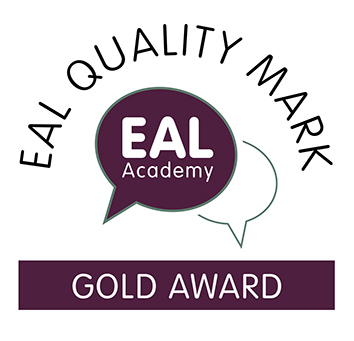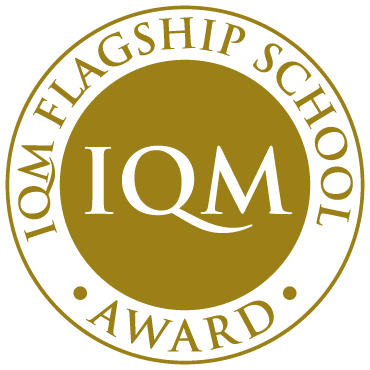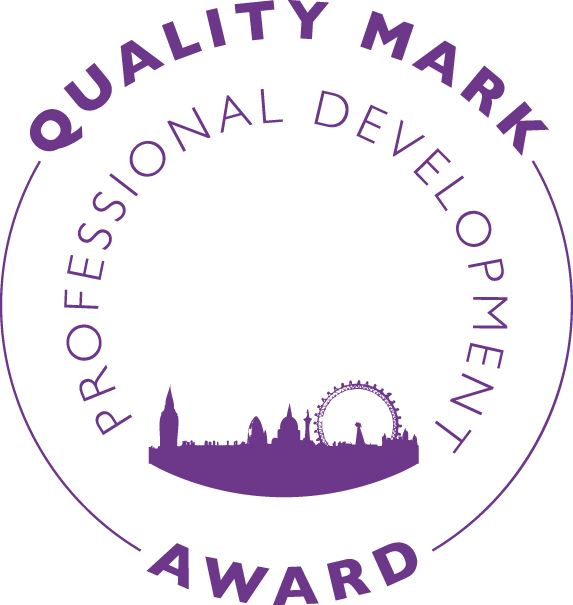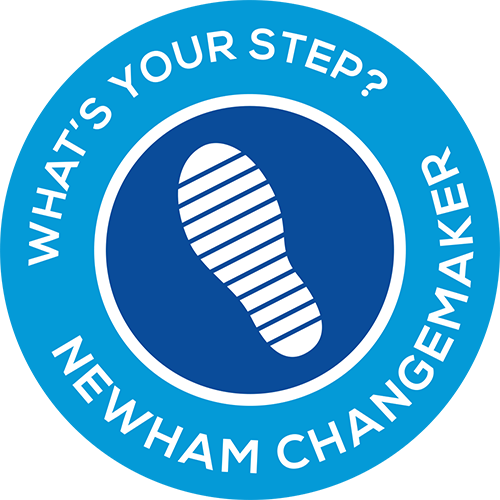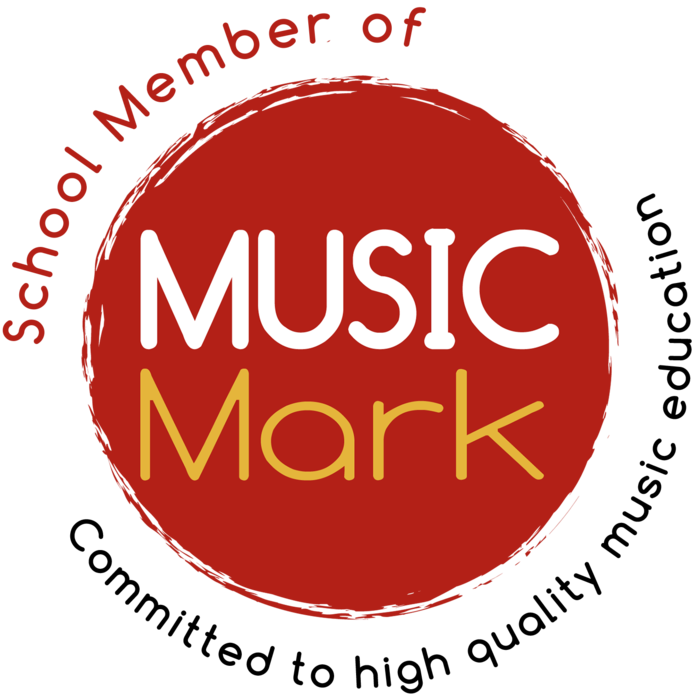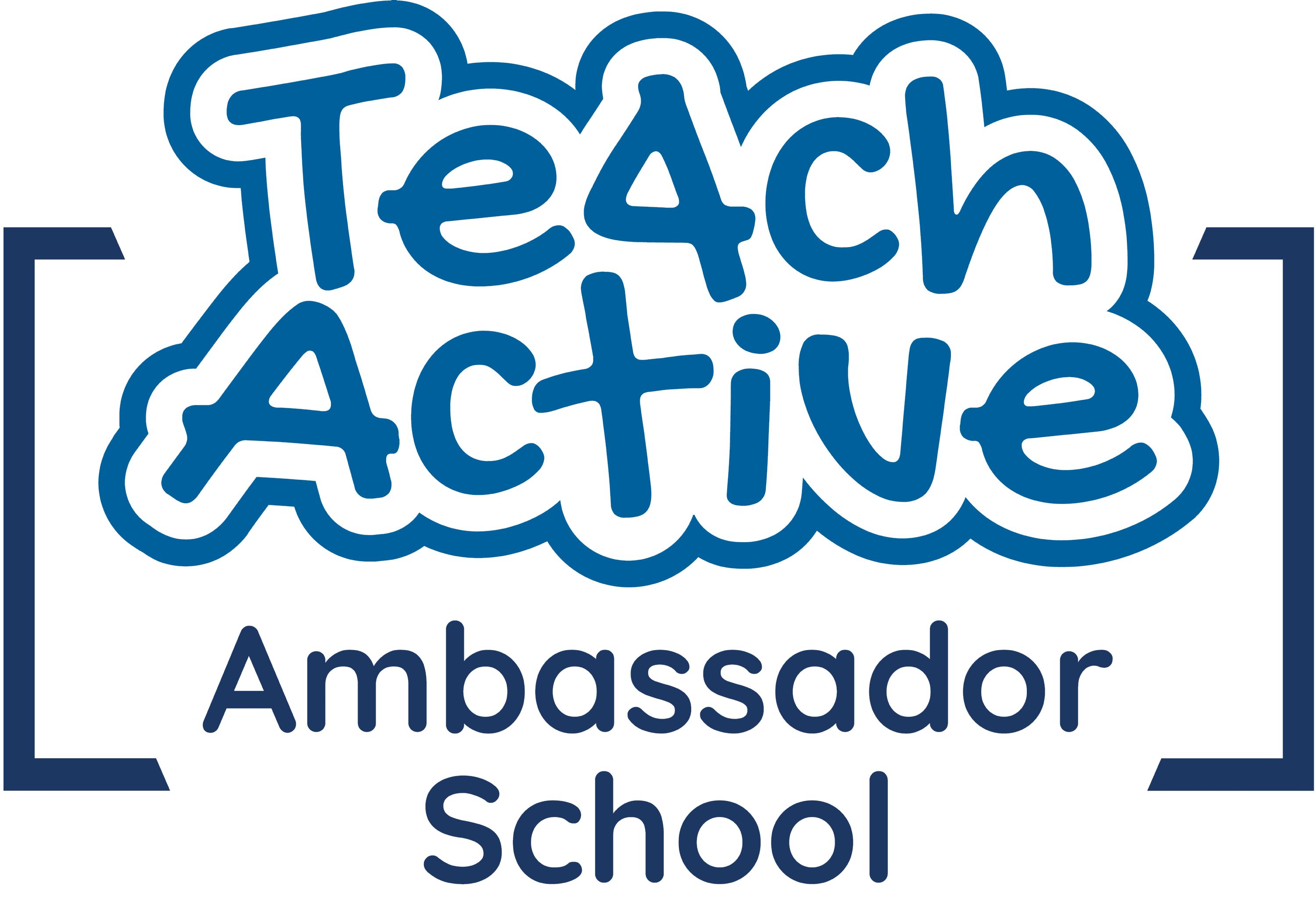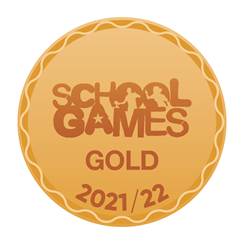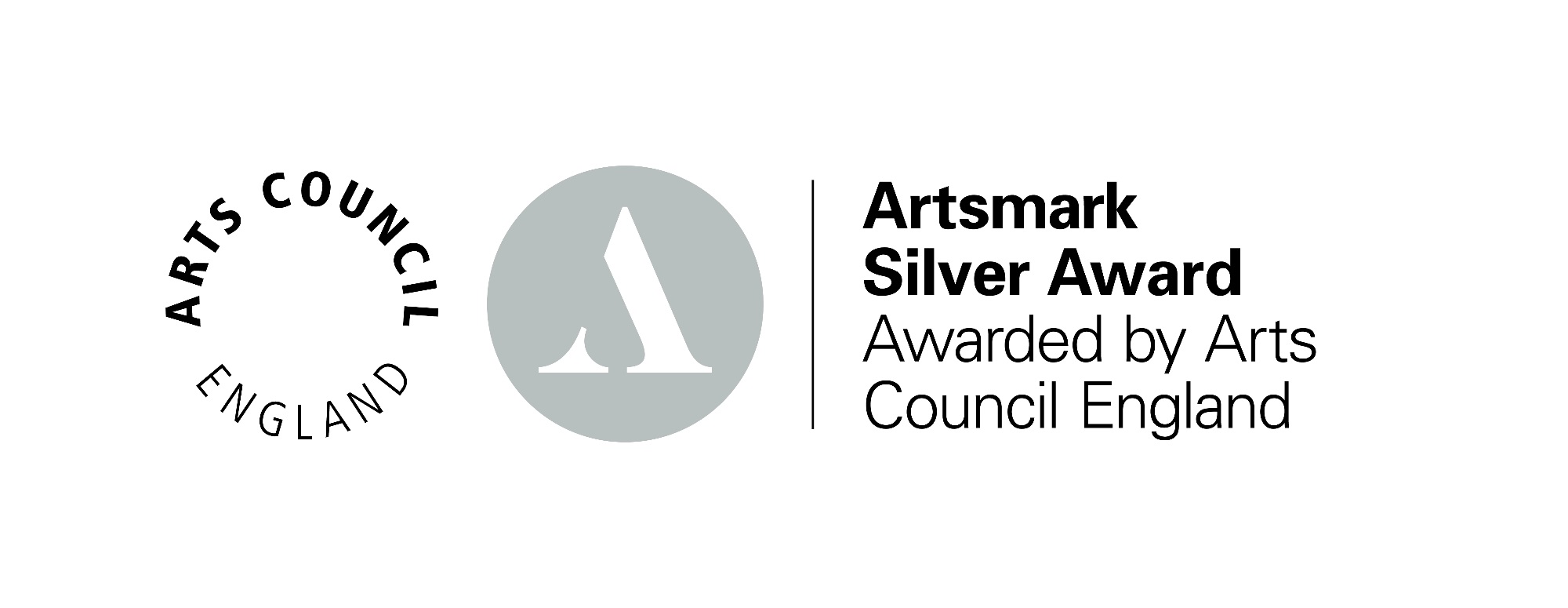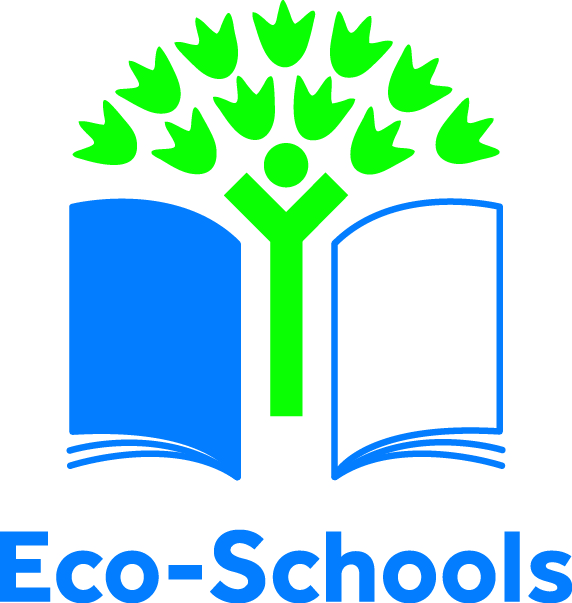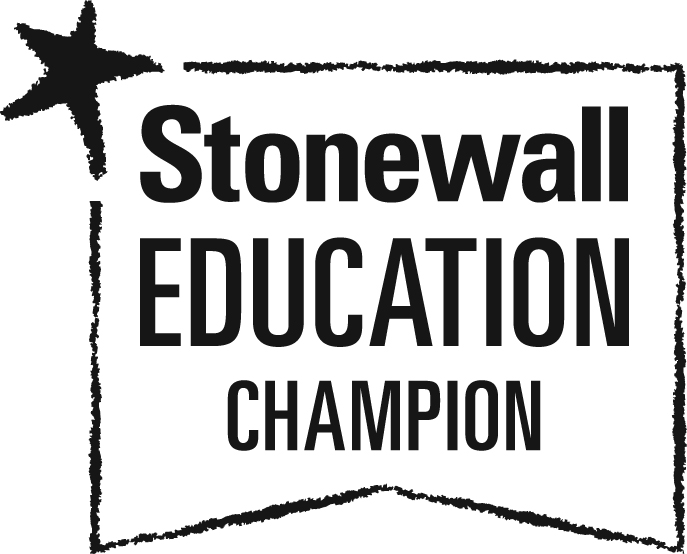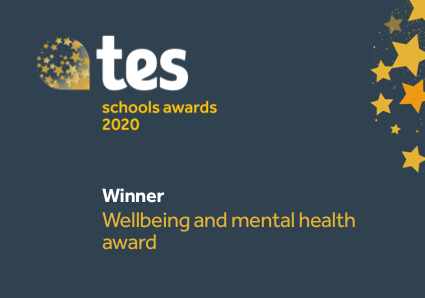Multilingualism
At Kensington, almost all of our children speak English proficiently alongside their home language, we also have some children who join our school that may require additional support with English. We view first languages as an asset and we encourage children to remain proud of their languages whilst they are learning English. Multilingualism is a strength and we hope to ensure all children benefit from first languages at Kensington – Promoting First Languages.
We have a whole school approach to supporting children who are using English as an additional language. The Curriculum has been created to ensure all children are given the opportunity to acquire the skills needed to be successful. Our staff are equipped with the knowledge and expertise to support children to learn, develop and apply new vocabulary and develop sentence structures. We also provide small group intervention sessions to ensure effective opportunities for speaking and listening, reading and writing.
We are extremely proud of the fact that, on average, children are able to reach age-expected levels within 11 months of starting school with little or no English. This is an incredible achievement across all boards and a testament to the collaborative hard work of the children, staff and parents.
Be Bilingual Leaflets - Promoting Home Languages
Please see at the bottom of this page leaflets regarding promoting bilingualism and the benefits of maintaining and developing home languages.
These leaflets are published by Aberdeen EAL service and are available in different languages.
Mid-phase admissions with no English / school experience
Here at Kensington, we recognise children come from a variety of backgrounds, personal experiences and cultures. We do our best to cater for each individual child’s learning experience using and adapting different methods of pedagogy.
- Nursery and Reception
The structure of Early Years enables children to learn English rapidly. There is also an additional intervention programme called ‘Box Clever’, this is used to ensure children are learning essential vocabulary in small groups if required.
- Year 1- Year 6
Children are supported during the first few weeks and allocated a ‘buddy’ (preferably with the same first language) who will show them around the school and help them understand the new school routine. The ‘buddy’ will be a child from class chosen by the teacher in KS2, and in Key Stage 1, a Teaching Assistant will also support the child. Phonics and EAL assessments are carried out during the first two weeks of a child joining the school. The child will then be able to access support for phonics in the ‘Rise and Shine’ programme and support for everyday language through the ‘New arrival programme’.
- Class teachers adapt teaching and learning across the curriculum, ensuring all children are learning essential vocabulary needed for the lesson. Children are provided with effective opportunities to develop communication skills through our curriculum. Children are exposed to an array of skills working at word and phrase level: building on the child’s key vocabulary skills for everyday language use. Writing skills are also developed through structured scaffolding frames to encourage independent writing. Bilingual dictionaries and I-pads are provided to allow children to use their first language to deepen their understanding.
Rise and Shine
At Kensington, children who are new to English in KS2, and are unable to access reading and writing, they will be allocated to the 'Rise and Shine' programme.
‘Rise’ specifically caters for children who will need to learn Set 1 Phonic Sounds of the English alphabet. This programme will take place every morning to ensure consistency in progress and achieving age-expected levels.
Children who are already familiar with the Set 1 sounds of the programme will join the ’Shine’ programme to develop their knowledge of ‘blending sounds’ every morning. This is a key programme used at the school to ensure children starting the school have a much focused, tailored approach to rapidly integrate and then accelerate children’s progress to reach age-expected. Children in Early years are able to communicate in English as early as 6 months; Key stage 1, 3-4 months and in Key stage 2 it will take 2-3 months.
New Arrival Programme: Three afternoons a week for half an hour
The new arrival programme runs for two months. This programme equips children with basic communication skills for everyday needs. Children are introduced to different greetings, names and places in and around school, stationary and classroom language. They begin to learn names of body parts, verbs, family etc. This helps to increase the child’s everyday vocabulary and language progressively week by week. The language used in this programme is structured so that children learn how to use present tense in first and third person. They being to ask and respond to simple questions. At the end of the two month period, children are re-assessed to track their progress and next steps.
All of this work supports the children to make rapid progress and very quickly become part of the Kensington success story.
